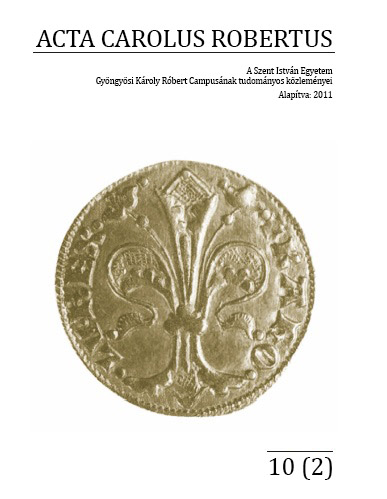ATTITUDES ASSOCIATED WITH USING KNOWLEDGE MANAGEMENT TOOLS
DOI:
https://doi.org/10.33032/acr.2484Keywords:
HR, knowledge management, knowledge sharing, organisation, knowledge transferAbstract
Nowadays, human capital and organisational knowledge mean value, thus managing them gives a competitive advantage for companies. The need for recognising, recording, storing, making it accessible and sharing organisational knowledge was generated by the broadening and developing traditional HR functions. The development of human resources consists of three main functions: Talent management, Career Management and Knowledge management. Coherence between the areas helps in retaining human resources and making knowledge processes efficient. Many factors affect the organisational knowledge transfer, for example, the nature of the relationship between the sending and receiving party, the usability of the knowledge, its speciality, the channel and the applied tools. The research will focus on tools and processes which are helping in knowledge sharing at organisations. According to the interviews and the questionnaire used in the research, ’best practices’ and tools incorporated in knowledge transfer were analysed in the sample. Results can help discover the advantages of knowledge management. Also, it can embrace those companies who have not used knowledge management, or used it but did not consider it sufficient. Globalisation, technological development and innovation induce investing in human and intellectual capital.







